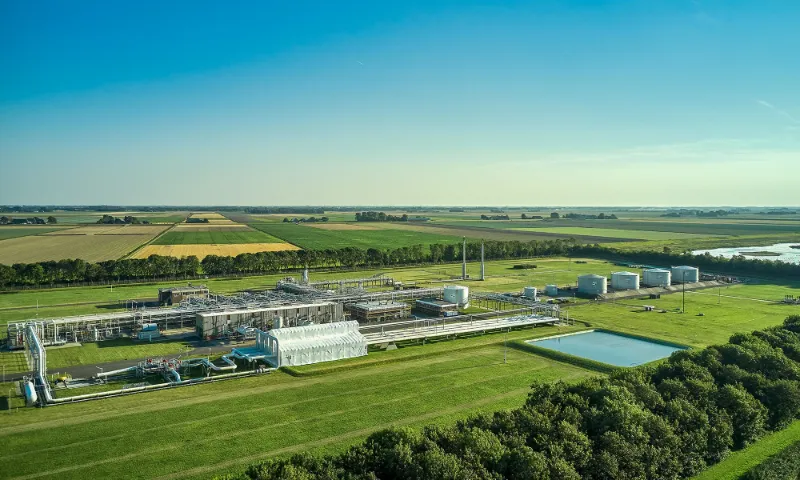Pipeline for Compliance: CSRD compliant reporting for Noordgastransport

CSRD compliance for Noordgastransport
Noordgastransport (NGT) is a Dutch company that has owned and operated a pipeline network of nearly 500 kilometres in the Dutch North Sea for almost 50 years. NGT operates an open-access system, available to all offshore gas producers on equal and transparent terms. By transforming the existing infrastructure into an integrated offshore hydrogen backbone, they can accelerate the development of green hydrogen through offshore electrolysis.
The challenge
By 2025, NGT must align with the EU’s CSRD framework. The challenge? Complex requirements demand deep expertise.
Good Growth Collective partnered with NGT to transform compliance into strategy: streamlining reporting, enhancing transparency, and positioning the company as a sustainability leader, turning regulatory demands into business value.

Rolling out CSRD reporting for NGT
For our project with Noordgastransport, we implemented a 4-step tailor-made compliance project.
Here's how we did it:
Step 1: Setting up a CSRD team
The first step in the process is forming a CSRD team. This team is composed of representatives from various departments within the company to ensure a broad and inclusive range of opinions and perspectives.
Step 2: Double Materiality Analysis
Impact assessment: During the impact assessment, potentially relevant sustainability topics are identified for NGT.
Stakeholder engagement: To incorporate stakeholder opinions, an online survey is sent out. This allows key stakeholders to provide input on what they view as critical sustainability issues.
Scoring Impacts, Risks, and Opportunities (IRO): For each potentially important topic, the significance is determined based on impact and financial materiality.
Materiality matrix: Based on the scores and the established thresholds, a materiality matrix is created, which highlights the material sustainability topics for NGT.
Step 3: Gap analysis
After identifying the material topics, the next step is to assess which data points are already available and which are missing. The gap analysis identifies any management, data, or disclosure gaps, ensuring that all necessary information is gathered promptly to meet CSRD compliance requirements.
Step 4: Roadmap
The final step involves creating the CSRD Roadmap. The roadmap provides a clear overview of the actions that need to be taken by NGT to meet the compliance requirements. This roadmap serves as the second key deliverable in this process.

Results
Good Growth Collective carried out a comprehensive Double Materiality Analysis for Noordgastransport (NGT), helping them identify key sustainability topics aligned with CSRD requirements. Stakeholders were actively engaged throughout the process, supporting both compliance and future strategy development. The team also streamlined internal data mapping, giving NGT a clear view of data availability and workload, making the reporting process more efficient and manageable.
Reach out to us for any question
Wondering how we can help? Or looking for more information on an ESG topic?
Contact us